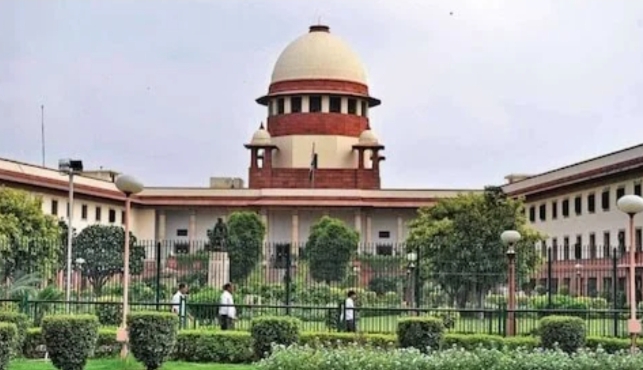The Haryana government on Friday moved the Supreme Court challenging the Punjab and Haryana High Court order putting on hold the 75 percent reservation in private sector jobs for residents of the state.
A bench headed by Chief Justice N V Ramana took note of the submissions of Solicitor General Tushar Mehta, appearing for the state government, and agreed to list the appeal of the state government on placing the order of the high court on its record.
In its plea, the state government argues that the high court passed its decision after a hearing of just one and a half minute. It also says that the lawyer representing the state was not heard in the High Court.
The High Court on Thursday granted an interim stay on a Haryana government law providing 75 per cent reservation in private sector jobs for residents of the state.
Calling the decision unsustainable and against natural justice, the Haryana government asked the Supreme Court to set aside the stay.
The Haryana State Employment of Local Candidates Act, 2020, was passed in November last year. It had come into effect on January 15 this year. The Act applies to jobs offering a maximum gross monthly salary or wages of Rs 30,000.
After the law came into effect, Deputy Chief Minister Dushyant Chautala had said it will open new avenues of employment for thousands of youth.
In March 2021, Haryana Governor Bandaru Dattatreya had given his assent to the Haryana State Employment of Local Candidates Bill, 2020.
The decision has come as a major setback for Haryana deputy chief minister Dushyant Chautala-led Jannayak Janata Party (JJP) that had been showcasing the law as one of its major achievements. The party is part of the coalition government led by chief minister Manohar Lal Khattar.
“After reviewing the judgment of the high court, efforts will soon be made to vacate the stay on the local employment law. Youth of Haryana should stay assured, if needed other avenues for employment will be ensured in the private sector,” said Chautala.




